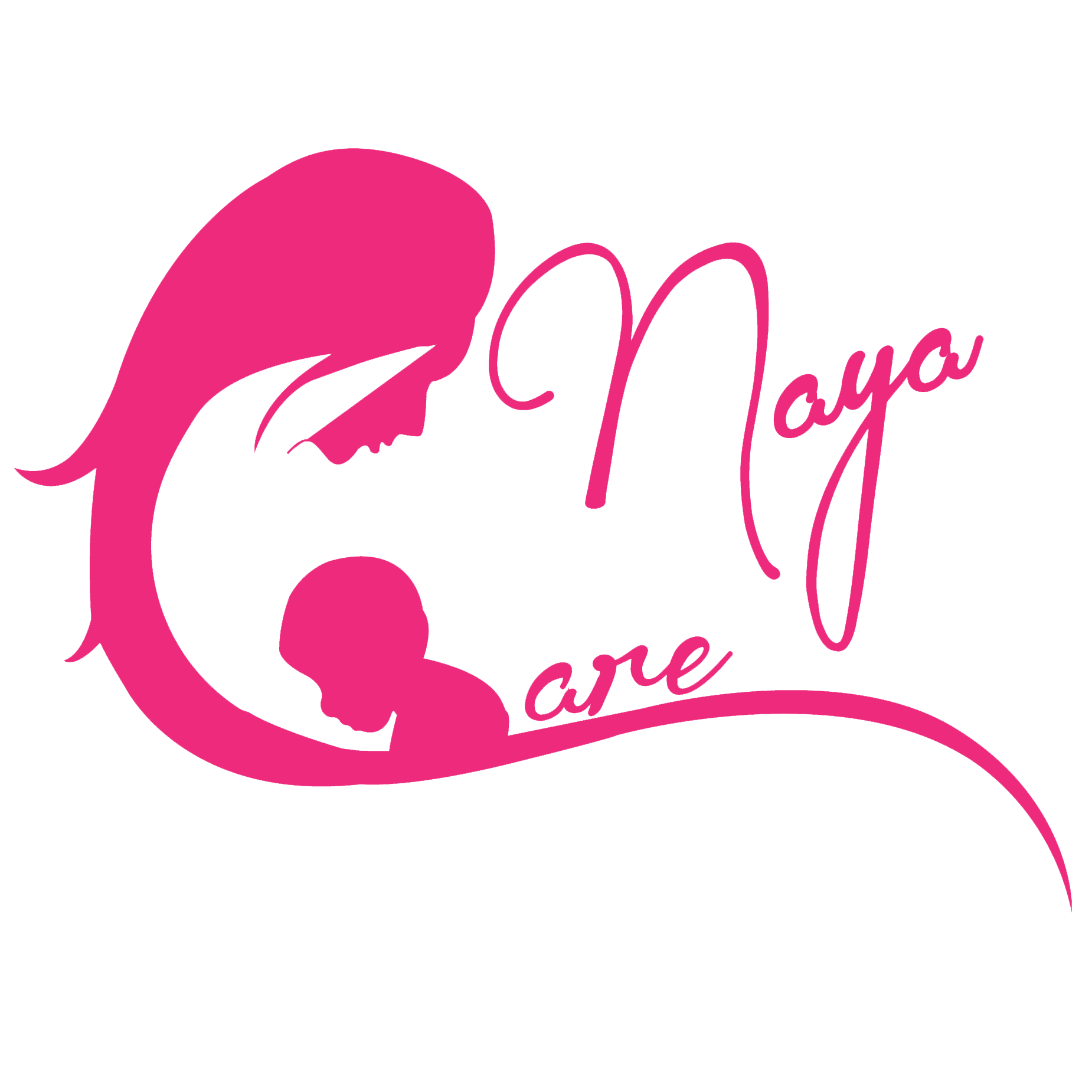
Do fathers go through patrescence?
On an episode of the Golden Mic Podcast with Marc Cordon, Dr. Sonal Patel talked about the idea of patrescence as being a similar transformation as matrescence.
Patrescence is a term used to describe the spiritual, emotional, and psychological changes that occur in fathers during the postpartum period. The term patrescence was first introduced by Dr. Will Courtenay, a clinical psychologist, and has since gained recognition as an important aspect of postpartum care for fathers. It is important to understand the changes that occur during patrescence in order to better support fathers during this transition.
Just as mothers experience physical, emotional, and psychological changes during matrescence, fathers also experience changes as they adjust to their new role as a parent. During patrescence, fathers may experience a range of emotions, such as stress, anxiety, and feelings of inadequacy. These emotions can result from a variety of factors, including the adjustment to the responsibilities of parenthood, the pressure to provide financially for the family, and a shift in priorities.
- Changes in Identity: During patrescence, fathers may experience changes in their identity as they adjust to their new role as a parent. This can include feelings of loss of self, uncertainty about their abilities as a parent, and a shift in priorities. Fathers may also experience a sense of displacement as they navigate their new role and responsibilities. It is important for fathers to seek support from others during this time and to understand that these feelings are normal.
- Emotional Changes: The emotional changes that occur during patrescence can be intense and difficult to navigate. Many fathers experience feelings of anxiety, stress, and irritability. This can be caused by the pressure to provide for their family, the adjustment to the responsibilities of parenthood, and the stress of caring for a newborn. It is important for fathers to seek support from friends and family, and to talk to their healthcare provider if they are feeling overwhelmed.
- Changes in Relationships: The postpartum period can also bring about changes in relationships for fathers. Fathers may experience tension in their relationships with their partners, as they navigate the new roles and responsibilities of parenthood. Relationships with friends and family may also change as fathers prioritize their role as a parent. It is important for fathers to communicate their needs and to seek support from their loved ones during this time.
- The Importance of Involvement: Research has shown that fathers who are actively involved in the care of their newborn have better outcomes for both the father and the child. Fathers who take an active role in the care of their newborn experience increased bonding and a sense of connection with their child. They also report increased satisfaction with their role as a parent and better mental health outcomes. Examples can include changing diapers or skin to skin with their newborns. Even with breastfeeding, if fathers view the outcome as providing optimal nutrition for their newborn, helping out with cleaning breast equipment, feeding the mother, and helping with the latch and hold are all great ways to be involved.
Patrescence is an important aspect of postpartum care that should not be overlooked. Understanding the spiritual, emotional, and psychological changes that occur during this time can help fathers better navigate the postpartum period. It is important for fathers to seek support and care during this transition, and to understand that these changes are normal and a natural part of the patrescence process. If you are a father and are feeling overwhelmed, it is important to reach out to your healthcare provider for help or contact us to help navigate your needs and right care.
By acknowledging and supporting fathers during the postpartum period, we can improve outcomes for fathers, mothers, and children.
Do fathers go through patrescence?
The answer is yes.
Want more? Download a free copy of Dr. Sonal Patel’s bestseller, The Doctor & Her Black Bag: How old fashioned care tackles maternal mortality and benefits America’s economy.
